Business
Sell Refineries To Fund Modular Plants – CORAN

The Crude Oil Refiners Association of Nigeria (CORAN) has urged the Federal Government of Nigeria to sell the government-owned Port Harcourt, Warri, and Kaduna refineries, managed by the Nigeria National Petroleum Company Limited (NNPCL), to fund the modular refineries.
COEAN, which made the call for the sale of the refineries in an interview with The Tide’s source, said it is the only way out of the incessant fuel crisis in the country.
Recall that since over a month ago there have been a increase in fuel queues in filling stations across the country and the pump price has risen to as high as N1,000 and more per litre in some parts of the country.
This is contrary to various promises made by the NNPC saying the queues will disappear in no distant time, and the increase has continued to impact negatively of transportation all round.
Publicity Secretary CORAN, Eche Idoko, noted that the Federal Government has expended over $1bn to rehabilitate the Port Harcourt refinery, yet the facility is yet to start production, even after six postponements to start.
He re-emphasised that the fuel queues would not go away unless the country starts refining its crude locally.
According to him, modular refineries should be given intervention funds which would also give the government stakes in the refineries, saying that the reason for the fuel crisis in Nigeria was that the country does not have enough refined products and the cost of importing fuel with foreign exchange is a burden on the government, especially when subsidy payment is involved.
“We are not asking for free money. The government should set up an intervention fund in which people can access credit. So, it’s not free money. There are a lot of intervention funds in the agricultural sector.
“The $1.5bn spent on the Port Harcourt refinery could be used to develop 10 modular refineries to be able to produce PMS of a minimum of 10,000 barrels per day. That is about 100,000 barrels a day.
“And if you have 100,000 barrels per day, at least, with the Dangote refinery, you would have solved that problem. We would actually have enough to begin to export”, he stated.
He exlained that no one else could import PMS because of the government subsidy and the lack of foreign exchange.
As a way out of repeated fuel scarcity, Idoko said, “The low-hanging fruit is simply to empower the modular refineries.
“A modular refinery takes an average of 12 to a maximum of 18 months to set up. This administration can identify and select from the modular refineries that are already on stream to support them.
“Right now, we have about 15 of them – five are operating but not producing PMS; the other 10 are at various stages of completion.
“If the government supported these 15 modular refineries to produce PMS, in about 12 months or less, they would have solved this problem of fuel scarcity, rather than say, you are putting money into the Port Harcourt refinery, Warri refinery, or Kaduna refinery.
“That was why there was a particular administration that tried to sell those facilities. Most of them are obsolete. Technology has changed.
Business
Minister Inspects Nigeria/Benin Republic-owned Sugar Firm … Decries Decrepit Condition
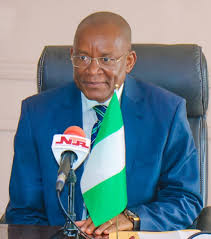
Business
NGA Becomes Official Partner To 29th Gas Conference … As President Set To Address 2025 World Summit
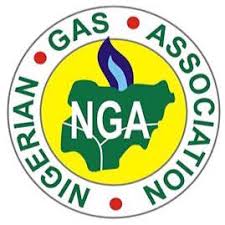
Business
Dangote Refinery Affecting European Oarkets – OPEC

-
News3 days ago
Tinubu Congratulates Okonjo-Iweala, Two Others On UNILAG’s Honorary Doctorate Degrees
-
Rivers3 days ago
RSBOP moves to review the procurement processes for service delivery …Hints on departments merger
-
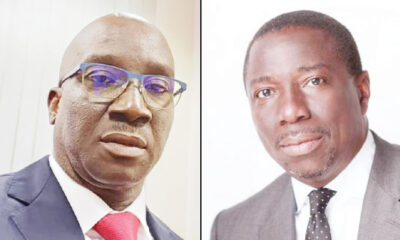
 Politics3 days ago
Politics3 days agoGunshots Disrupt Proceedings As Edo Gov’ship Tribunal Begins Hearing
-
Business3 days ago
Embrace Renewable Energy, Expert Urges Govt
-
News3 days ago
CBN Unveils Digital Systems To Boost Govt Efficiency
-
Politics3 days ago
Nigeria Still Haunted By Ahmadu Bello, Others Murder – Sani
-
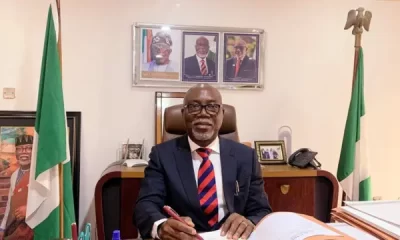
 Politics3 days ago
Politics3 days agoAiyedatiwa Dissolves Cabinet, Retains Finance Commissioner, Attorney-General
-
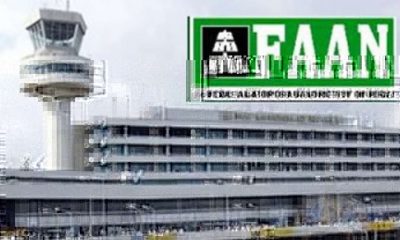
 Niger Delta3 days ago
Niger Delta3 days agoFAAN Seeks N580bn For Airport Runways Rehabilitation

